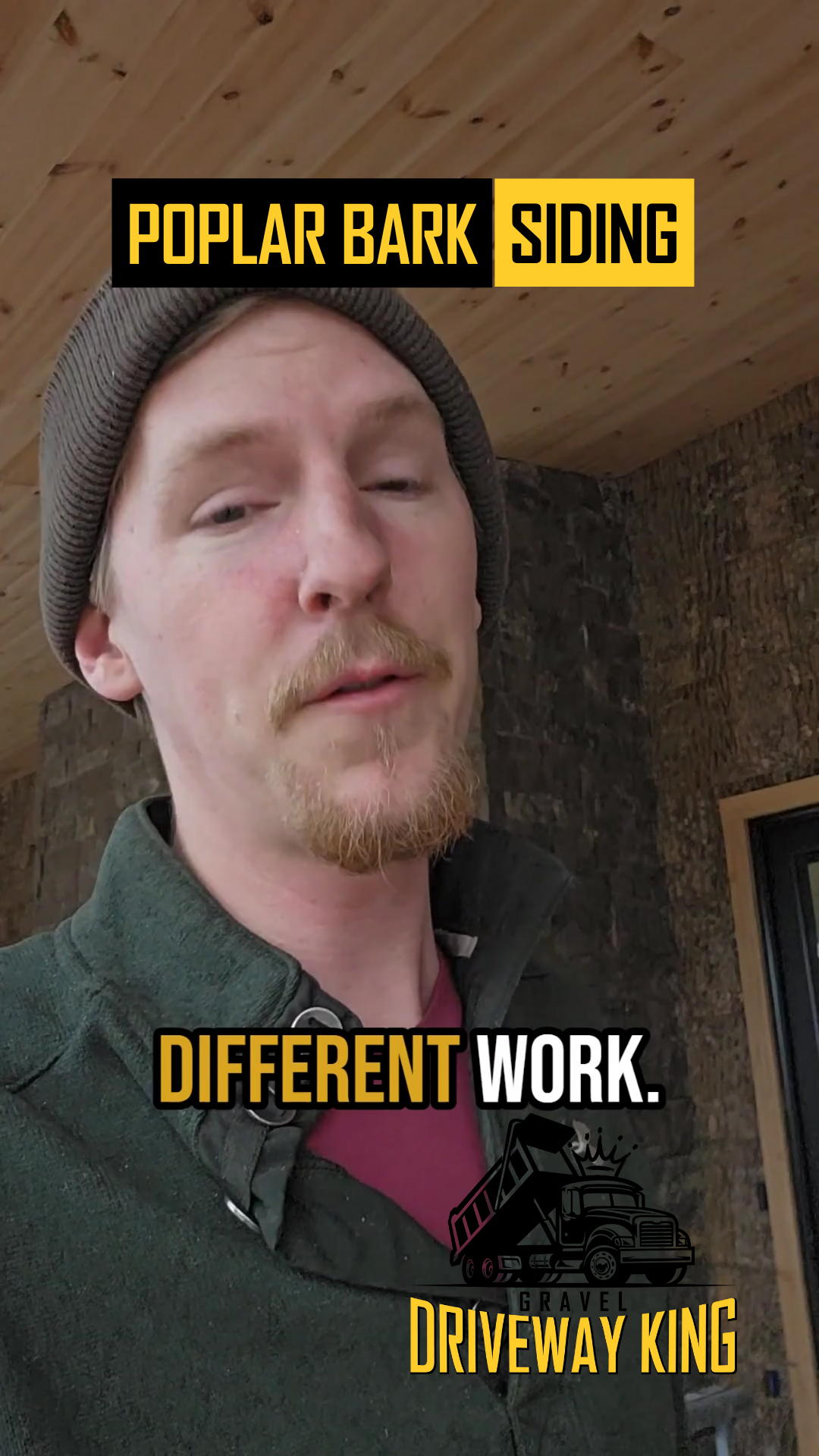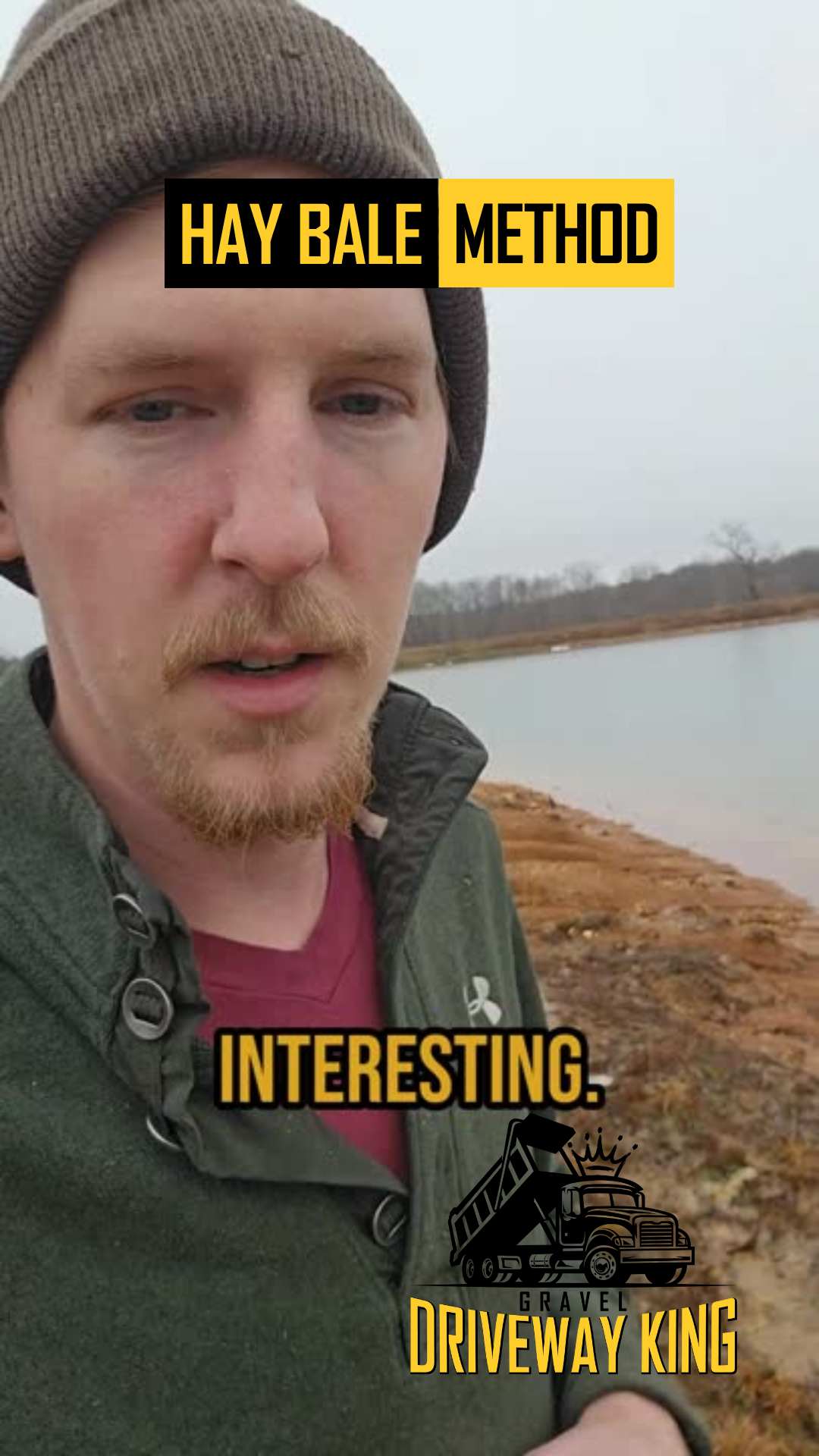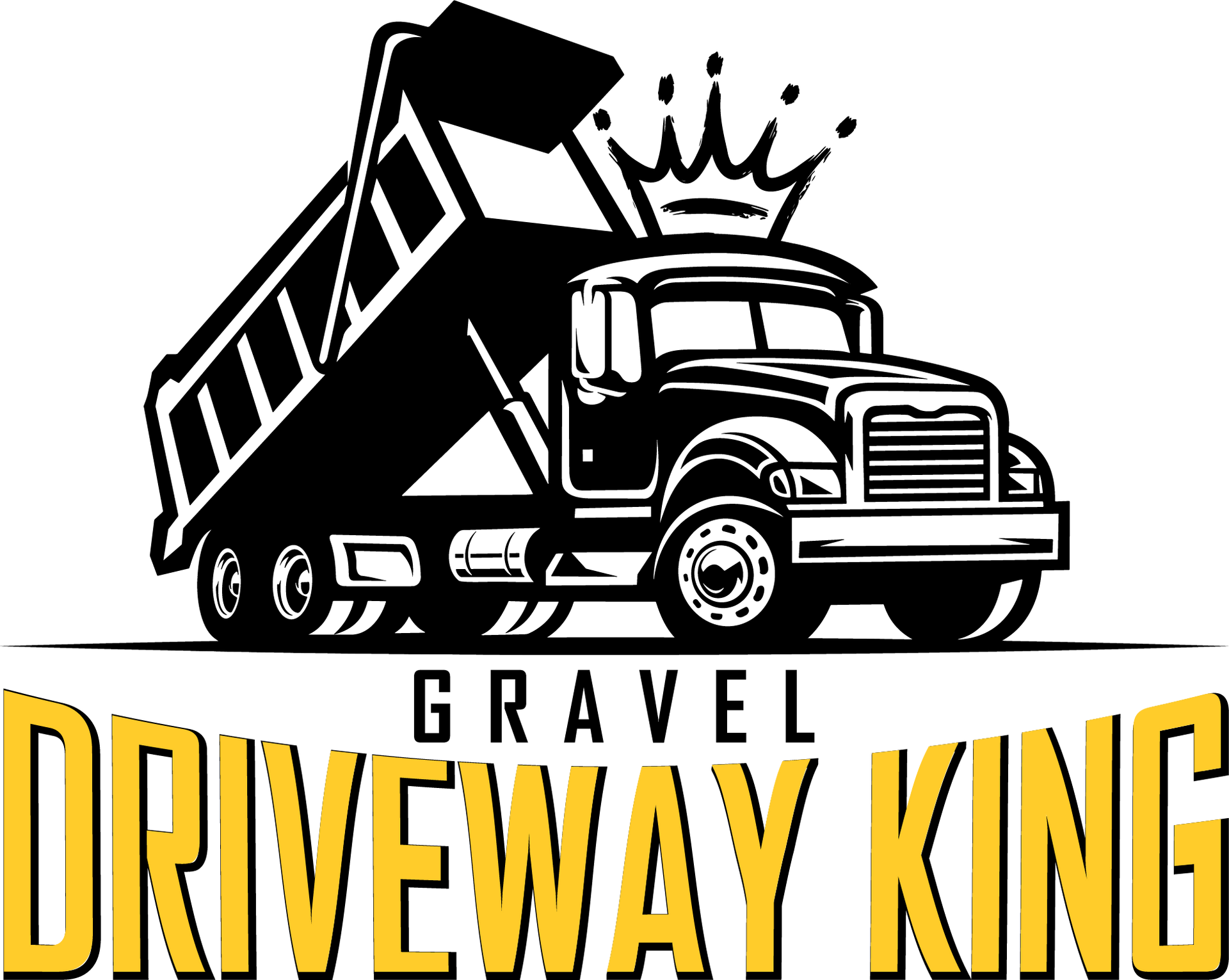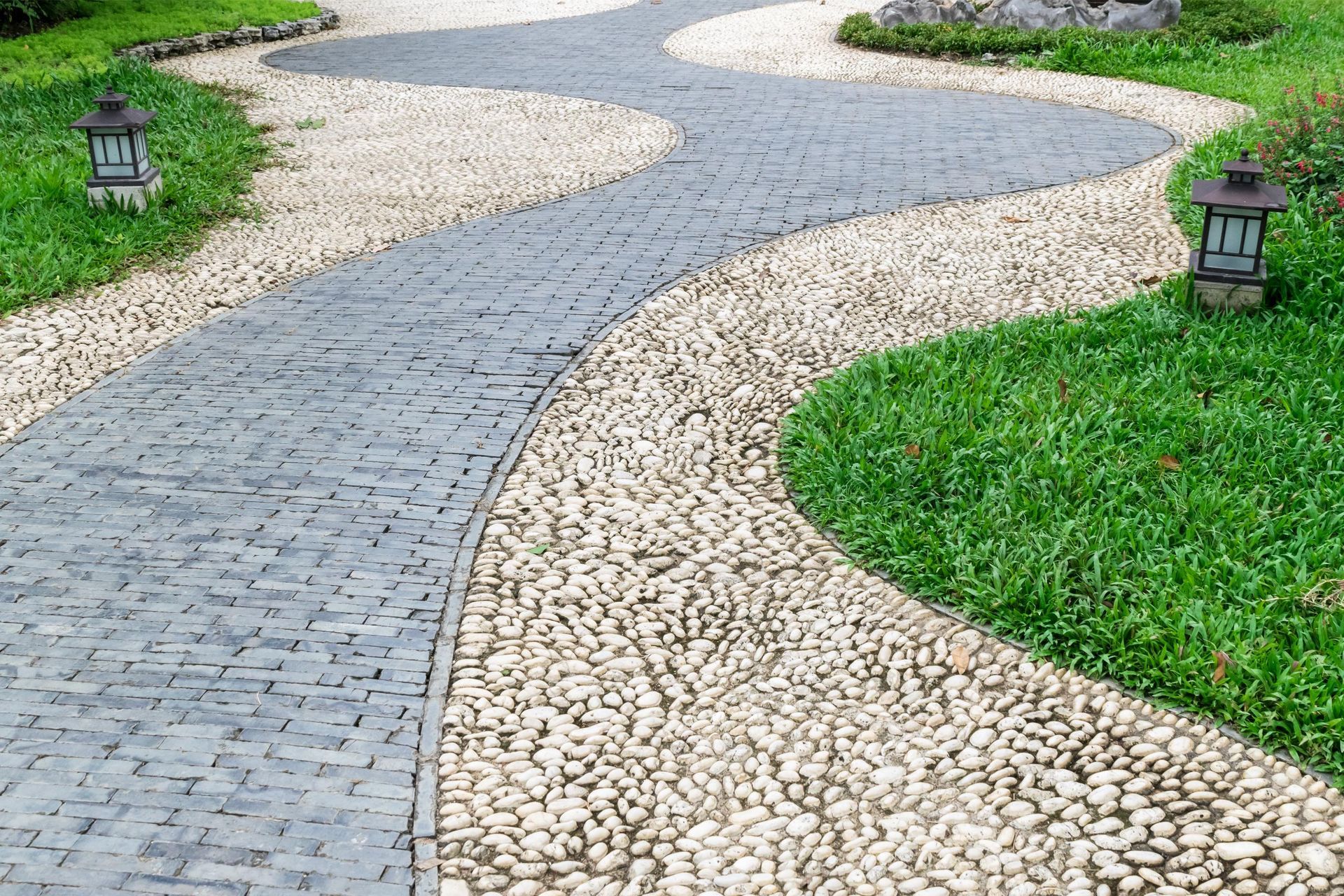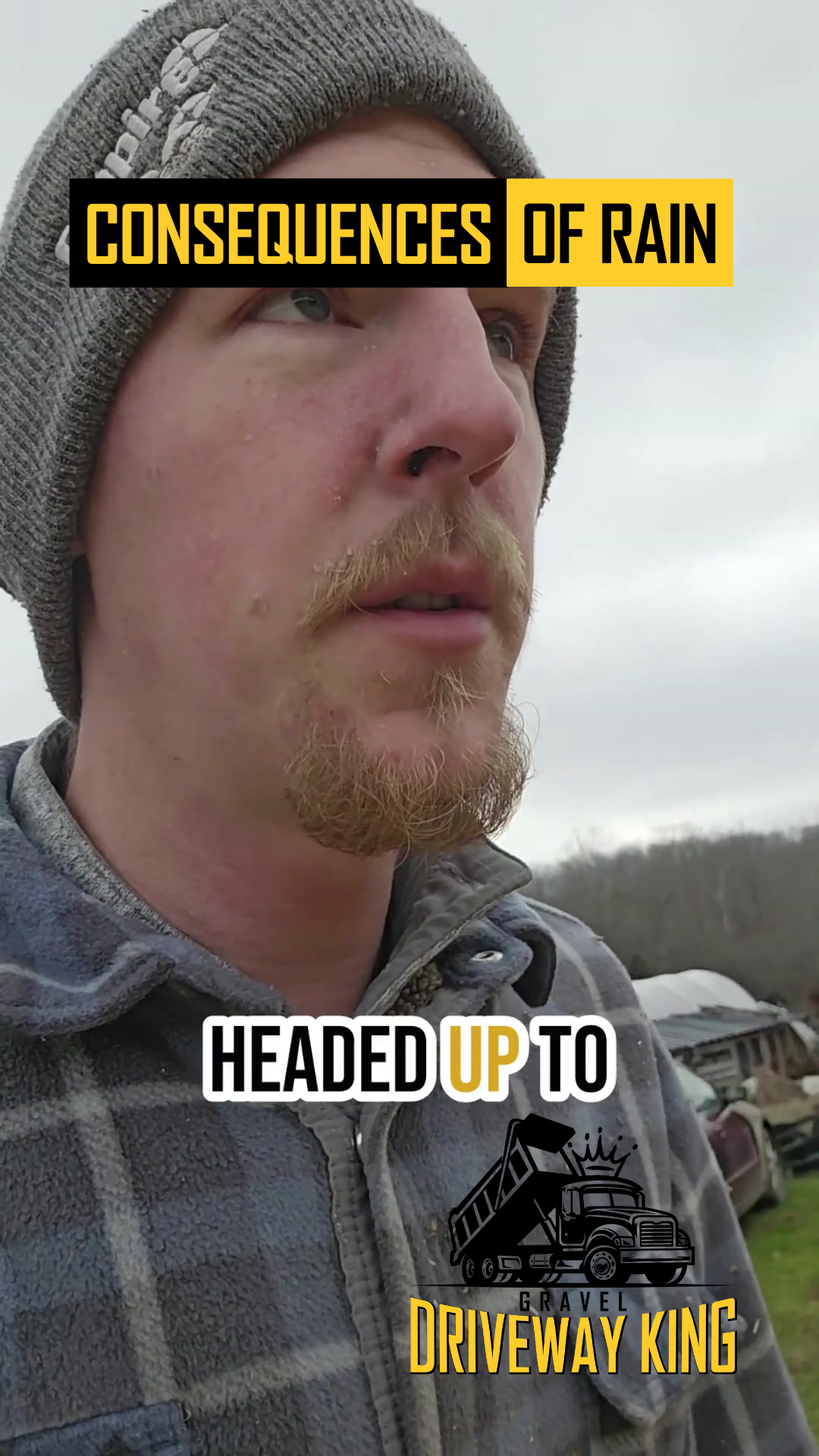Why a Properly Built Driveway or Pad Can Save You Thousands Later
Introduction
5 THings we check during inspection process
Proper inspection can save you thousands
Not all driveways and building pads are built to last.
Sure, they might look fine the day they’re installed, but give it a few heavy rains, a couple of seasons of freezing and thawing, and suddenly you're dealing with ruts, washouts, and expensive repairs.
A properly built driveway or pad isn’t just about moving dirt and laying down material—it’s about understanding the land and building it the right way from the start.
That’s where a lot of companies get it wrong.
I’ve seen driveways completely wash away within months because the contractor didn’t think about water flow.
I’ve seen building pads settle unevenly because the wrong materials were used.
These aren’t just minor mistakes—they lead to major repair costs down the line.
This is why excavation isn’t just about having a skid steer or a dump truck—it’s about understanding the work.
Done right, your driveway or pad will last for years.
Done wrong? You’ll be paying for fixes over and over again.
Welcome to Driveway King!
COMMON MISTAKES THAT COST HOMEOWNERS BIG MONEY
Poor Water Management –
The #1 Reason Driveways & Pads Fail
Water is the biggest threat to any driveway or foundation.
If an excavation company doesn’t think ahead about drainage, you’ll be fighting erosion, standing water, and structural damage down the line.
Getting this step wrong is what causes driveways to wash out or sink over time.
Using the Wrong Materials for the Soil Type
Not all gravel or fill dirt is the same.
Some materials compact well and hold up under heavy use, while others shift and wash away.
If your contractor doesn’t understand the soil type on your land and chooses the wrong base, you’re going to deal with headaches later.
Skipping Proper Compaction
Ever seen a driveway that develops deep ruts after just a few months? That’s bad compaction.
The foundation needs to be compacted in layers to create a solid structure.
Rushing this process leads to uneven surfaces and early deterioration.
Flat Driveways Instead of Proper Crowning
A flat driveway sounds nice in theory, but in reality, water needs a place to go.
A proper driveway should be crowned in the middle so water naturally sheds off the sides.
Without this, water collects, creating potholes, soft spots, and erosion.
hOW A PROPERLY BUILT DRIVEWAY (OR PAD) SAVES YOU THOUSANDS OVER TIME
A lot of people focus on the upfront cost of building a driveway or pad, but what really matters is how much you’ll spend maintaining or fixing it over time.
If it’s built right from the start, you won’t be dealing with constant repairs, patchwork fixes, or complete rebuilds a few years down the road.
Here’s how a properly built driveway or pad saves you money in the long run:
✔ Prevents Erosion & Washouts from Heavy Rains
Middle Tennessee gets a lot of rain, and if your driveway isn’t designed to manage water flow, that rain is going to eat it away.
Proper grading, crowning, and drainage planning keep your driveway solid—even in storm season.
✔ Avoids Costly Regrading & Resurfacing Every Few Years
A poorly built driveway will start to develop ruts, soft spots, and potholes within a couple of years.
That means paying for constant resurfacing or full regrading to fix those problem areas.
A well-built driveway eliminates that cycle.
✔ Strengthens Heavy-Use Areas to Avoid Ruts & Potholes
If your driveway or pad supports heavy trucks, trailers, or equipment, materials matter even more.
A weak base shifts and compacts unevenly, leading to dips, cracks, and deep ruts.
Building it right the first time prevents those wear-and-tear issues.
✔ Supports Structures by Preventing Foundation Shifting
If you’re building on top of a pad, the quality of that pad impacts everything.
A poorly compacted or improperly filled pad will settle unevenly, leading to cracks in your building’s foundation.
Proper excavation protects your investment from expensive foundation issues later.
WHAT TO LOOK FOR WHEN HIRING AN EXCAVATION COMPANY
Not all excavation companies are the same, and hiring the wrong one could cost you thousands in future repairs.
Here’s how to find someone who knows what they’re doing:
🔹 Experience with Local Soil & Water Flow
Middle Tennessee has a mix of clay-heavy soil and steep terrain, which makes water management critical.
Make sure your contractor understands how to grade land based on real drainage patterns.
🔹 Commitment to Proper Grading & Materials
Ask what base materials they recommend and how they compact the surface.
If they don’t mention layered compaction or crowning, that’s a red flag.
🔹 Clear Communication – Do They Explain Their Process?
If your contractor can’t explain why they do things a certain way, they either don’t have a plan or don’t actually know what’s best.
A good contractor will take the time to explain how they’re making your driveway last.
🔹 Before & After Work – Do They Stand by Their Results?
Reputation matters.
Look at photos of their finished work or ask for examples of driveways and pads they’ve built that are still in great shape years later.
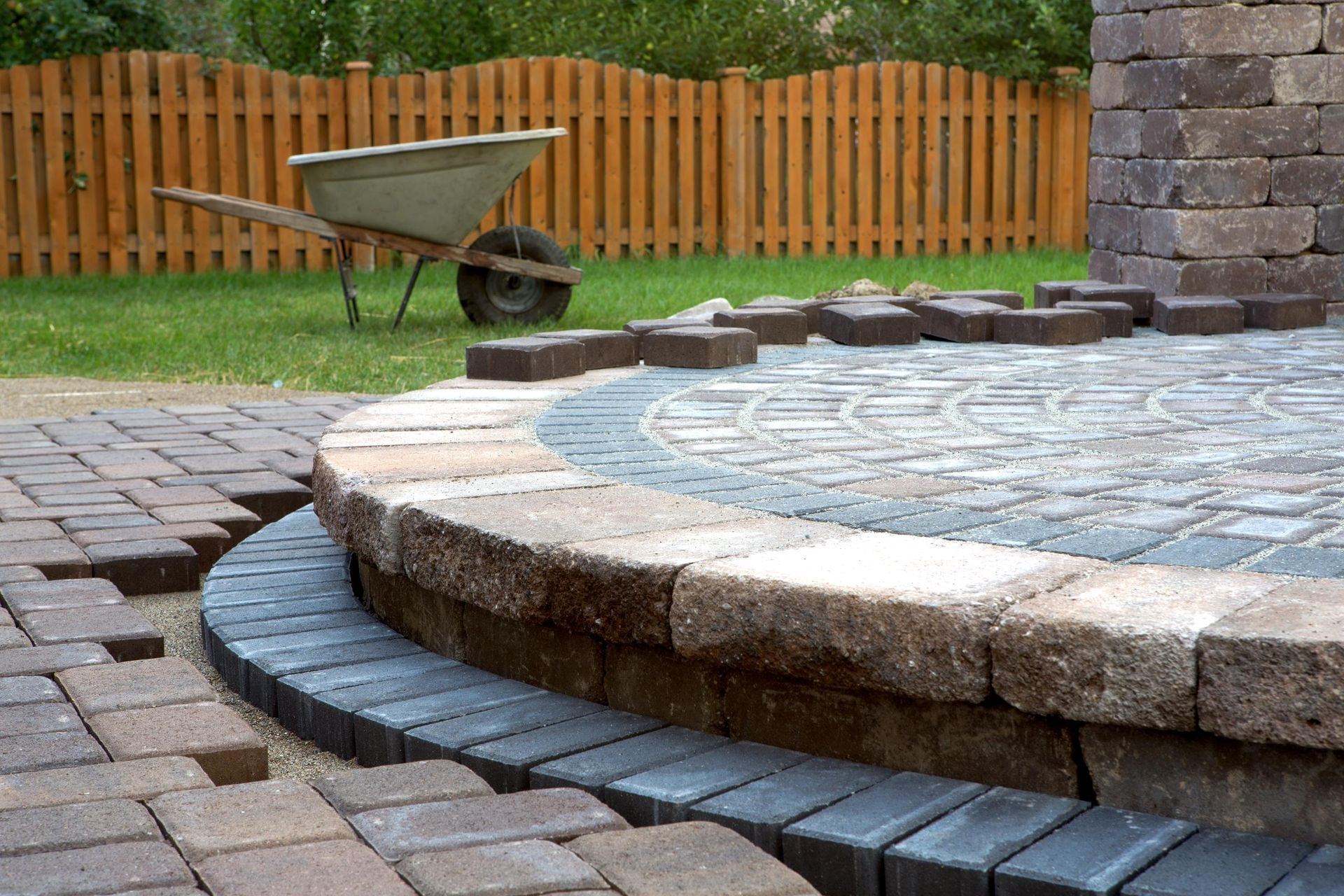
Slide title
Write your caption hereButton
QUICK FAQ SECTIONS & HOMEOWNER TIPS
Still have questions about getting a driveway or pad that lasts? Here are some quick answers:
✔ "Should my driveway have a crown?"
Yes! A properly built driveway shouldn’t be flat—it needs a slight dome shape in the middle so water sheds off to the sides.
Flattened driveways hold water, which leads to potholes and erosion.
✔ "Why does compaction matter?"
Compaction is what keeps your driveway or pad from sinking, shifting, or developing ruts.
Layering and compacting materials properly ensures a firm, stable surface that won’t break down in just a few years.
✔ "Why is water such a big issue?"
Because water is the #1 reason driveways and pads fail.
If water pools, runs down the center, or soaks into a weak foundation, you’ll deal with cracks, erosion, and rebuilds.
That's why good excavation is really water management.
✔ "How do I know my excavation contractor is doing it right?"
Ask them:
"How will you handle drainage?"
"How do you compact the base layers?"
"How do you ensure long-term durability?"
If they struggle to answer, they’re probably not the right company for the job.
WHAT'S NEXT
A well-built driveway or pad isn’t just about how it looks on day one—it’s about how well it holds up over the next 5, 10, or 15 years.
If it's built right from the start, you won’t be dealing with costly repairs, patch jobs, or total replacements down the road.
That’s why I do things differently.
My team takes the time to grade, compact, and plan properly—because it’s easier to do it right once than to fix it later.
If you're planning a new driveway, parking pad, or foundation site, let’s get it right the first time. Call or text me for a free on-site evaluation.
